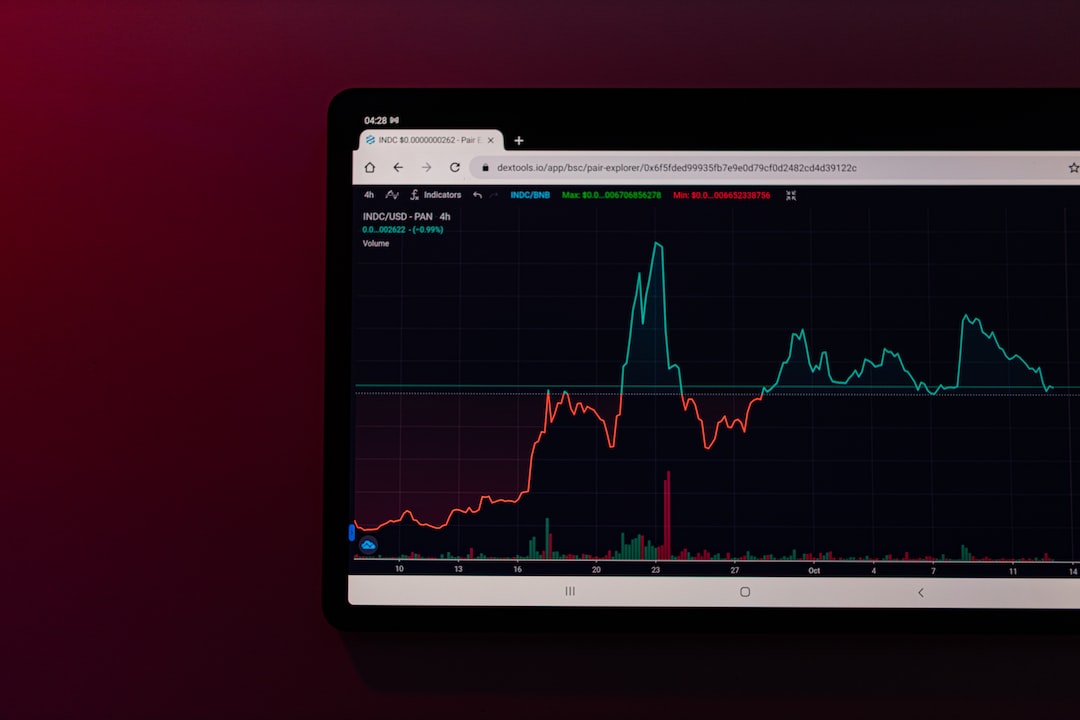The New York Times Sues OpenAI and Microsoft for Intellectual Property Infringement
The New York Times (The Times) has filed a lawsuit against OpenAI and Microsoft, alleging that they used its intellectual property (IP) to train artificial intelligence (AI) algorithms without compensation. The Times claims that the companies utilized its journalism to create competing content without permission.
In response, OpenAI expressed surprise at the lawsuit, stating that it had engaged in productive discussions with The Times. Microsoft has not commented on the matter.
OpenAI Could Argue Fair Use with The New York Times
The New York Times accuses Microsoft and OpenAI of profiting from copyright infringement and misappropriation of its IP. The companies allegedly took advantage of The Times’ content to generate humanlike content without proper authorization.
How AI is Affecting Content Creators
Media companies are concerned about their content being used by AI models to generate new content. This has led to discussions around new revenue models for content creators. For example, German publisher Axel Springer licensed its content to OpenAI for a significant sum of money. Other companies, such as Google and Warner Music, have explored ways to compensate artists when their work is used by algorithms.
Hot Take: The Changing Landscape for Content Creators
The lawsuit between The New York Times, OpenAI, and Microsoft highlights the ongoing challenges faced by content creators in the age of AI. As AI technology continues to advance, it becomes crucial for media companies and creators to establish fair compensation models for the use of their intellectual property. This case may set a precedent for future disputes regarding AI-generated content and IP rights.





 By
By
 By
By

 By
By

 By
By